Recommendation
In the early 1950s, graduate student Harry Markowitz presented his Ph.D. dissertation to the University of Chicago economics department. The response was less than encouraging. "This isn't a dissertation in economics," Milton Friedman told Markowitz. "It's not math, it's not economics, it's not even business administration." Whatever it was, Markowitz's heterodox theory of portfolio selection changed finance forever and earned a Nobel Prize. Financial historian and investment manager Peter L. Bernstein humanizes his saga of great shifts in financial theory by organizing it around eminent thinkers (Markowitz, Myron Scholes, Franco Modigliani, Robert Merton, Bill Sharpe and others, if you ever want to look up a finance guru). Deepening his analysis with insights from "behavioral finance," Bernstein describes how these innovators generated and extended the now-orthodox "capital ideas" of portfolio selection, capital structure, the Capital Asset Pricing Model, the efficient market hypothesis and the Black-Scholes-Merton theory of option pricing. Bernstein's erudition is dazzling, his explanations pellucid and his narrative filled with scintillating characters. getAbstract doesn't need to hedge: you'll find this overview of current finance theory and practice brilliant, even if you don't know your alpha from alfalfa.
Summary
About the Author
Peter L. Bernstein is president of a major investment firm he founded in 1973.










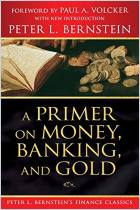
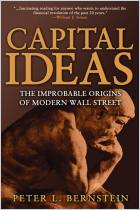

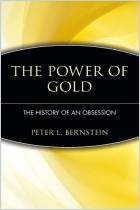
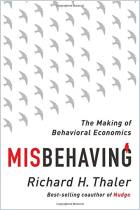
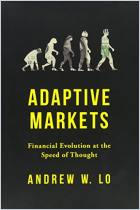
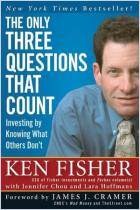
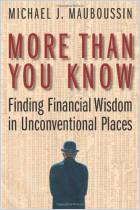

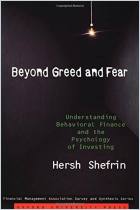


Comment on this summary